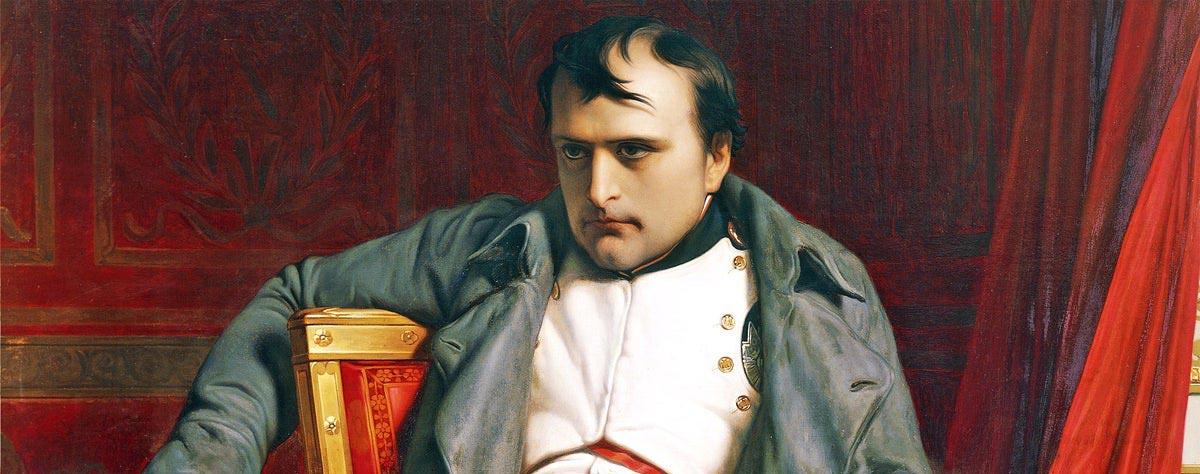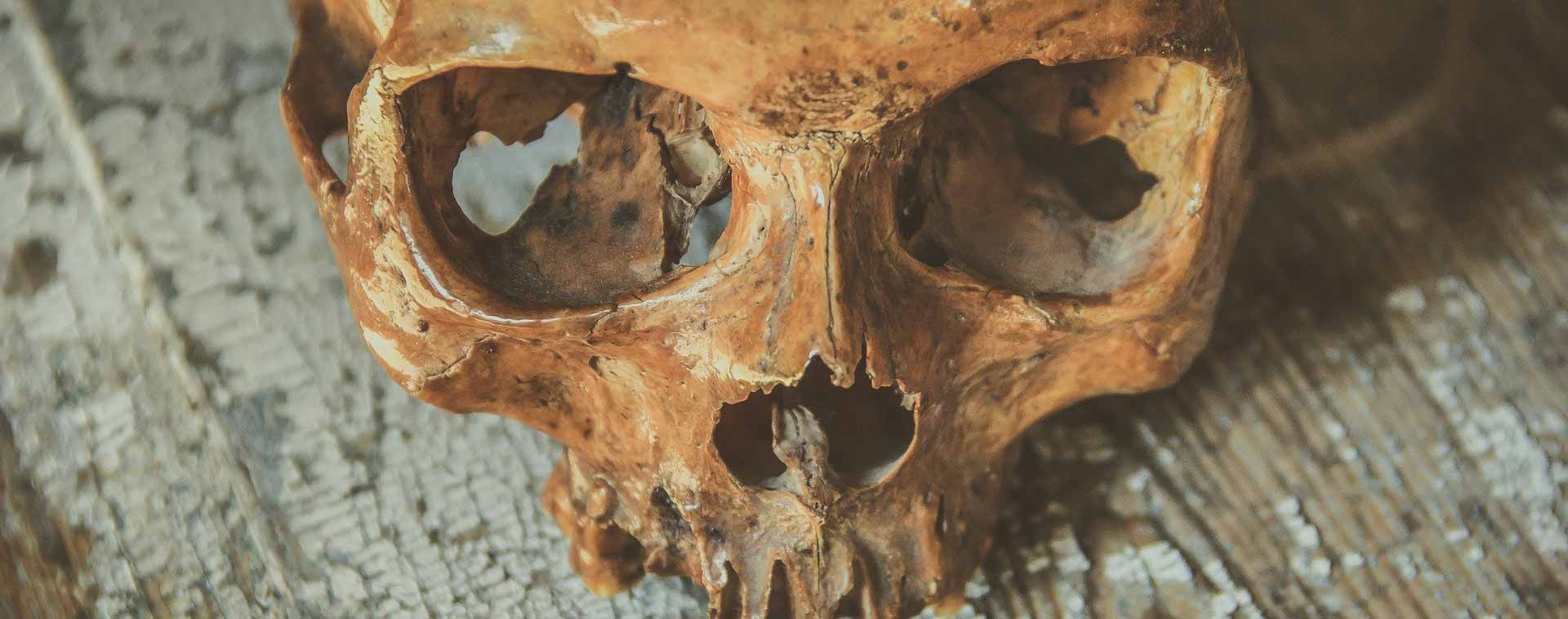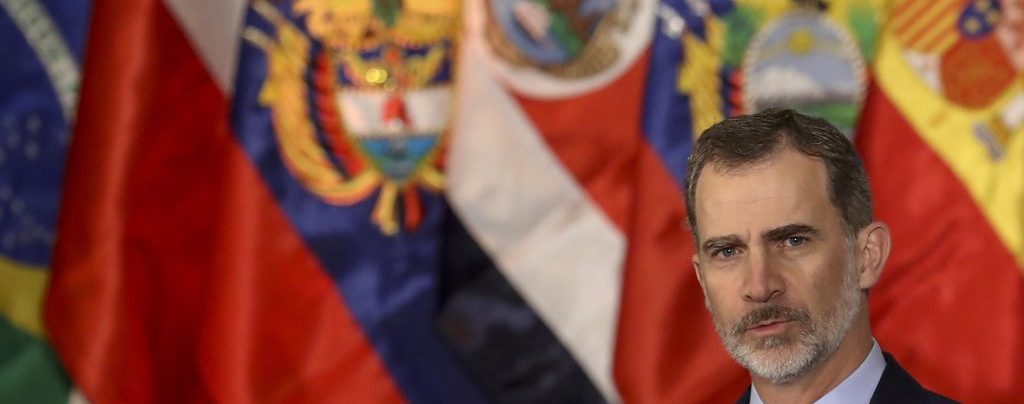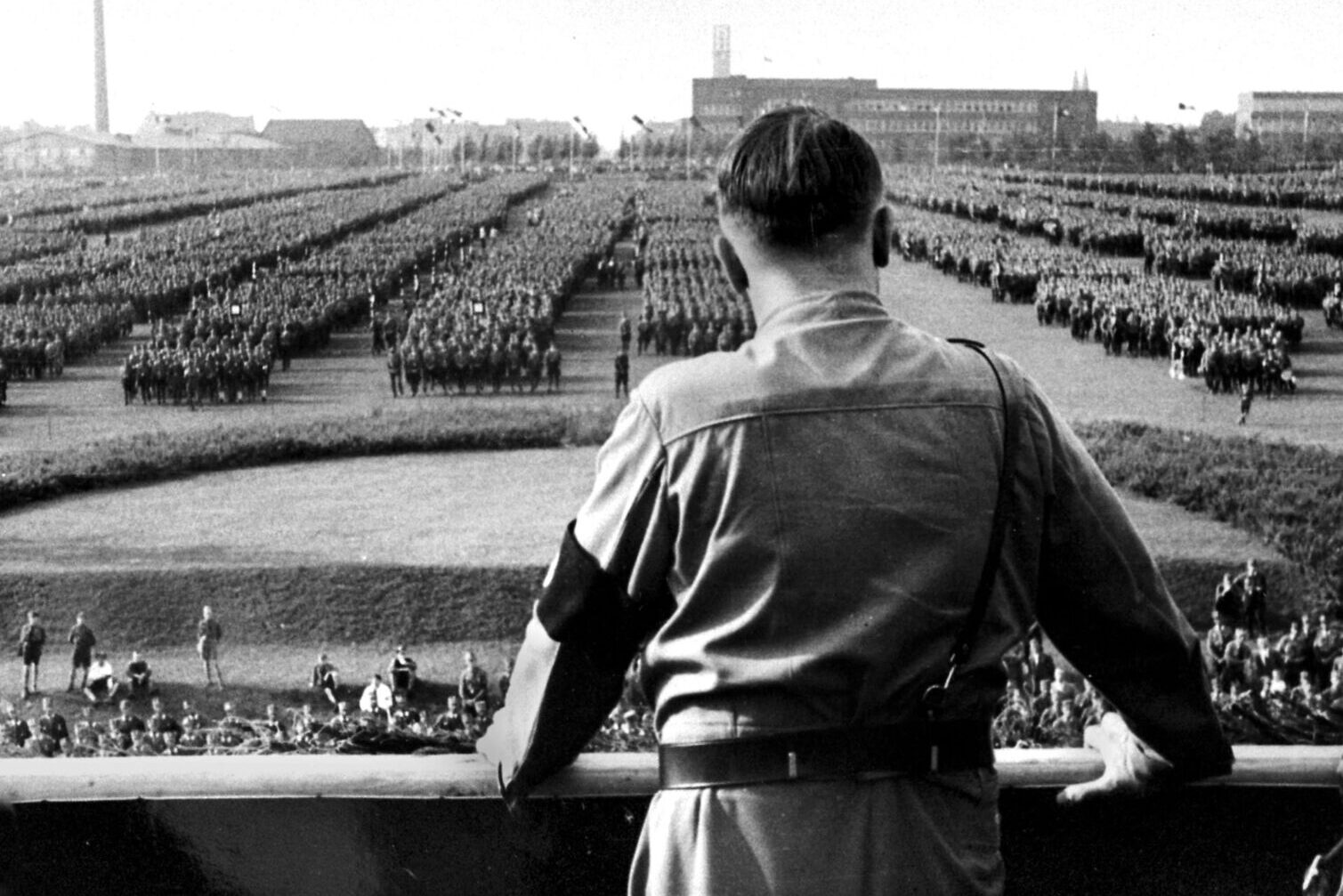Memorialist associations take on official status
Under the pretext of recognising the “work carried out for decades by civil society in defence of democratic memory and the dignity of victims” (Art. 57.2), Title III takes a series of measures that exalt memorialist associations, grant them stable public funding and institutionalise them through a body, the “Council of Democratic Memory”, which is set up as a kind of thought police and tribunal that will establish what is compatible with “constitutional and democratic values” and what is not. It is worth remembering that these associations are not a spontaneous creation of “civil society” outside political organisations. They are, in reality, the associative arm of left-wing parties and trade unions and nationalist parties.
How this “Council” will be constituted and function is hardly detailed, something that is left to the government’s discretion. All that is said is that it will be made up of members of the administration, memorialist associations and “experts”, with no balance other than parity between men and women, which anticipates its lack of pluralism and the hegemony of left-wing parties and trade unions, even when governments change. It is simply a question of institutionalising in Spain a substitute for the “Truth Commissions” of Latin American countries, with a view to coercively fixing the Manichean and propagandistic narrative that underlies this draft bill.
It will be the Secretary of State who will control who will have access to these privileges and who will not
The Council is conceived, in principle, as a consultative and participatory body for memorialist associations. It will report on all plans for “Democratic Memory” and the “multi-annual plan for the search, location, exhumation and identification” of remains. It will do the same, and this is significant of the draft bill’s bias, with all the regulatory provisions that serve to develop this future law, which is expected not to lessen, but to aggravate its application. In addition, the Council will be able to present, on its own initiative, reports and recommendations on the policy of “Democratic Memory”. It will have its own working group in charge of drafting a report “to systematise the existing information on human rights violations during the war and the dictatorship”, and will propose an “ordered plan of investigations” with its “methodologies” and “protocols for action”, a task that should normally correspond to historians. Finally, and even more unseemly, the Council will assess and issue an opinion “on the aid and support provided annually by the General State Administration”. The text thus establishes memorialist associations as a commission to evaluate research projects related to studies on the Civil War and the Dictatorship (Art. 58.3). In this way, a substantial part of the research budget is thus made available to them, and the competent technical bodies of the Ministries of Education, Science and Universities, as well as the general cadre of university evaluators, are deprived of decision-making powers.
Precisely with a view to monitoring this “memorialist” Council, the preliminary draft establishes a register of “memorialist” associations and the drafting of regulations to determine their organisation, operation and registration procedure. In this way, it will be the Secretary of State and other related bodies that will control who will have access to these privileges and who will not, as they lack official recognition. Finally, the draft bill also provides that official bodies may grant these memorialist associations the individual or collective “distinctions” “they deem appropriate”, which anticipates full-fledged self-awards with public resources (Art. 59).
On This Day
- 527 Second Council of Toledo is held.
- 1509 Cardinal Cisneros conquers Oran for Fernando the Catholic King.
- 1606 Massacre of Poles in Moscow by boyars.
- 1808 Napoleon Bonaparte decrees the annexation of the Roman states to the French Empire.
- 1902 Alfonso XIII of Spain comes of age, swears in the Constitution and begins his reign, marking the end of his mother's regency; a general pardon is granted.
- 1958 Approval of the Fundamental Principles of the Movement.
Recommended for you







